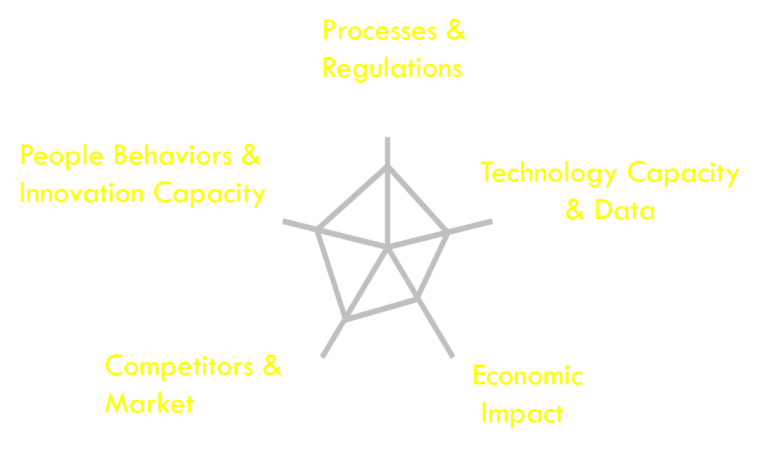
The integration of CRM offerings with generative AI is a pivotal strategy in modern business, primarily due to its profound impact on operational efficiency, decision-making, and customer engagement. This synergy streamlines processes, allowing businesses to automate routine tasks and focus on strategic initiatives, thus enhancing overall efficiency. By leveraging the data analysis capabilities of AI within CRM systems, businesses gain invaluable insights for data-driven decision-making, ensuring that strategies are closely aligned with market trends and customer behaviors. Moreover, this integration significantly enhances the customer experience through personalized interactions, fostering deeper customer relationships and loyalty. For employees, the combination of CRM and AI alleviates the burden of mundane tasks, shifting their focus to more complex, rewarding work, thereby improving job satisfaction and productivity. Additionally, this technological fusion positions businesses to be agile and innovative, adapting swiftly to market changes and future-proofing operations in an increasingly digital world. In essence, the marriage of CRM and AI not only fortifies current business practices but also lays a robust foundation for sustainable growth and competitive advantage.
Streamlining Processes with CRM and AI
CRM systems, enhanced by AI algorithms, can automate customer interactions and internal workflows. This automation leads to more efficient operations, allowing businesses to respond faster to customer inquiries and manage customer data more effectively.
Data-Driven Decision Making
CRM systems are repositories of vast customer data. Integrating generative AI with CRM can analyze this data to uncover insights into customer behavior, sales trends, and market opportunities, enabling data-driven strategic decisions.
Scalability and Flexibility
Modern CRM systems, especially when powered by AI, offer scalability and adaptability. They can handle increasing data volumes and complex customer interactions, adapting to changing business needs without significant additional investment.
Enhanced Customer Experience
AI-driven CRM systems can personalize customer interactions by predicting customer needs and preferences. This capability improves customer engagement and satisfaction, directly supporting the business model.
Employee Efficiency and Satisfaction
AI can take over mundane tasks like data entry, scheduling, and basic customer queries in a CRM system. This automation allows employees to focus on more complex and rewarding tasks, improving their job satisfaction and productivity.
Collaboration and Communication
CRM platforms often include tools for team collaboration and communication. AI can enhance these features by offering intelligent suggestions, reminders, and insights, facilitating better teamwork and information sharing.
Innovation and Agility
AI’s capability to quickly process and analyze large datasets can help businesses identify innovative solutions and opportunities. CRM systems can then be used to implement these innovations in customer-facing processes.
Cost Efficiency
AI-enhanced CRM systems can identify areas where resources are being underutilized or where there are opportunities for cost reduction, leading to more efficient operations and cost savings.
Risk Management and Compliance
CRM systems, when combined with AI, can help in monitoring compliance with regulations. AI algorithms can identify anomalies or patterns that might indicate compliance issues or potential risks.
Future-Proofing the Business
Embracing AI within CRM systems is a step towards future-proofing the business in a digital age. As customer expectations evolve towards more personalized and responsive interactions, AI-driven CRM systems can adapt to these changing demands.
